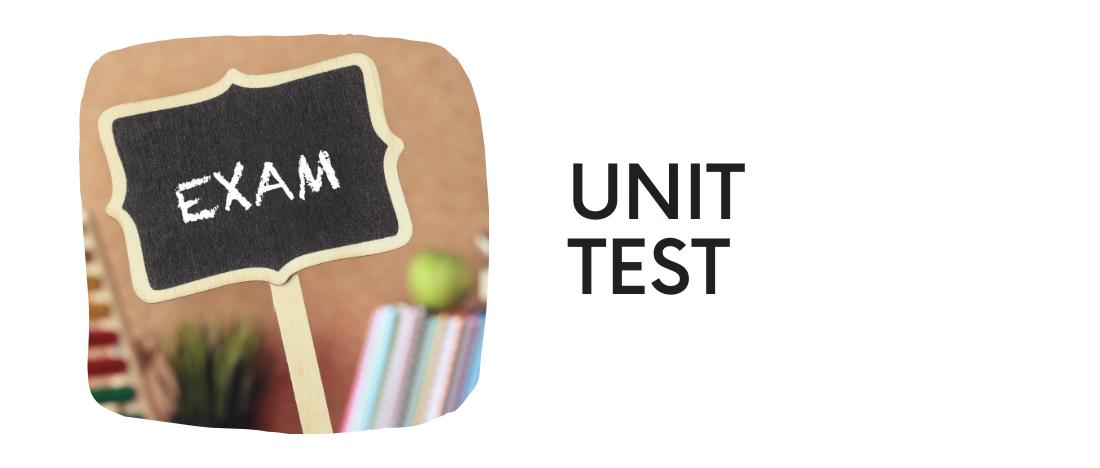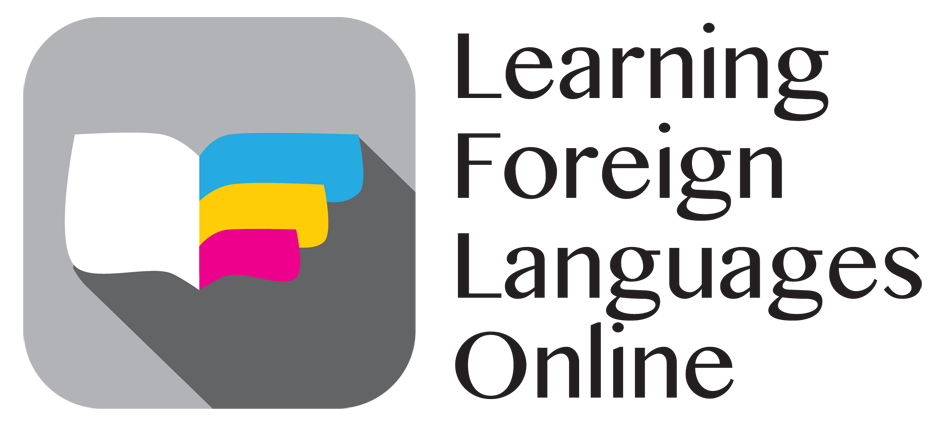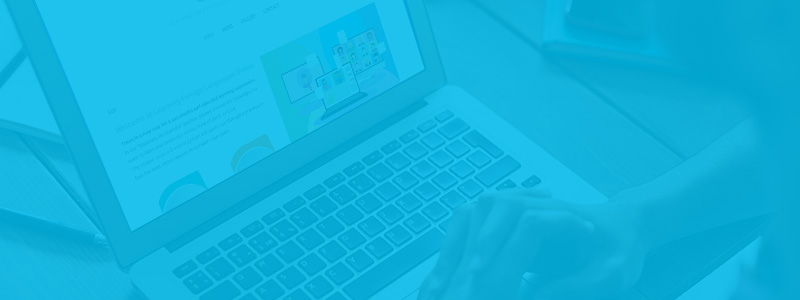
E-course
Reading
Module 2 | Unit 6
Introduction

Ah reading, some live for it, others hate it and tend to avoid it at all costs. Whatever your relationship to reading, we have to acknowledge that reading is everywhere. And no, we are not just talking about books. It is everywhere: from reading road signs, to reading posts on social media, to reading a menu, a newspaper article, to following instructions on something you just bought. In short, reading is an often-overlooked part of language learning. Surely speaking is the most important part? However, being able to read in a foreign language is essential and can bring with it a lot of benefits to your overall language learning experience.
Many people don’t know how to use reading as an effective tool to improve their language ability which can lead to feelings of de-motivation and perhaps even avoiding it altogether. Learning to read effectively in a foreign language is possible and you may be surprised as to what it can bring you, no matter your level.
Getting started

Tips
Tips on how to get the most out of your reading

1. Read a variety of texts
There are numerous benefits to reading, some of which you may not be aware of. Reading is a great way to improve your vocabulary as you will discover new words and expressions that will help you in every other area of your language learning journey.
Reading is a great way to learn the meaning of new words just by the context. If you are talking in a foreign language with a native speaker, you are not going to be able to understand every word but must think while you are communicating and try to understand its meaning from the context. So, learning to do this while reading can help you when talking!
Reading is a great way to see grammar structures you are already familiar with on paper and in a real-world context. It also allows you to discover new grammar patterns that you may come across later-on in your study.
If you read a news article in a foreign language you are going to find a different kind of language, often one more formal, but this can be great as you advance in a language in order to be familiar with certain terms that you may hear, for example, in a news report.
Alternatively, you can read blog posts, e.g., a travel blog, food blog, or any kind of blog where the language you find will be closer to informal language. Reading a variety of different texts will allow you to get familiar with different registers of language (formal and informal). Again, the key is not to understand or look up every word. One recommendation would be to write down any repeated words or expressions that appear and look them up in a dictionary at the end. When writing down the words/expressions, try to write them in a sentence so that you get the context. We tend to remember vocabulary a lot better when in context and not as an isolated word or phrase!
2. Use extensive and intensive reading
Extensive reading is mostly focused on improving reading fluency. Try to choose texts that interest you and try to make sure they are a little challenging i.e., there are words and expressions that are new to you but not so much that you cannot understand anything.
With extensive reading, again, try to avoid the temptation of stopping and looking up every single word. You can usually get the “gist” (general idea) of what is being said without understanding every word. Again, the goal here is to improve your reading fluency. You will gather a lot of meaning just from understanding the context, and avoiding looking up every word will allow your reading to flow and will be more enjoyable.
When you do intensive reading, using shorter texts/extracts can be helpful, but you can also use a text you have read extensively if it isn’t too long. You can choose an extract of a longer text and then read it in an intense way. We try to find any new words or grammar structures that are unfamiliar to us, and to analyse them. As a beginner in a foreign language, intensive reading is the most common to begin with as you don’t yet have enough knowledge of the language to read longer, more detailed texts. As your level improves, try alternating between intensive and extensive reading and see which one works best for you! Again, don’t try to look up every new word! This will quickly make you frustrated and unmotivated. Instead, choose words and expressions that are repeated and/or are interesting for you.
3. Use various methods while you read
Read the title (if there is one) and/or the introduction to get familiar with what the text is about
Skim – Skimming the text first means reading the text quickly to get the general idea of what it is about – the context. The meaning of individual words is not important at this stage.
“Comb” through the text: now read the text again and note any interesting new words or phrases that you find, or grammatical structures that are new or unfamiliar. At the end of your reading, you can now look up these new words. Find at least two more examples of these new words used in sentences so you can make sure you understand which context to use the word/ phrase in. Next, write down these new expressions/words and put them in a sentence you come up with on your own. Our brains tend to remember new words when in context, not isolated words on their own! Finally, re-read the text now that you have looked up the new words to really solidify your understanding of these words in their context.
4. Choose what you read carefully
When you are choosing what to read you should be careful to differentiate between formal and informal texts.
Formal texts can be anything from news articles that report on finances, economy and health, scientific articles, academic papers, to instruction manuals. If you are learning a language because of your job or a job you would like to get, a common mistake is starting with texts that are written about the topic you need to learn about, containing vocabulary you know you are going to need in the future. If your language level isn’t high enough yet it can be counterproductive. We highly encourage you to start with some more general texts that have simpler vocabulary, these are great for your beginning and for building up your self esteem, which is really important at the start of your learning journey, and then slowly work up to your goals.
However, if you are an advanced learner (B2+) these are a great way to improve more formal and specific vocabulary related to a certain area.
If you are at a beginner level we recommend starting with travel blogs, opinion pieces, social media posts, food blogs, celebrity magazines, contemporary popular novels etc. The language often tends to be more informal and resembles how native speakers use language on a daily basis.
5. Be consistent
Being able to understand written information is essential to learning foreign language and is a great way to see how the language is used, as well as a way to learn new vocabulary, grammar structures, or expressions. Dedicate at least one day a week to focus on some reading. Alternatively, reading something in your target language even for only a few minutes a day will prove to be very beneficial over time. It may not seem like it in the very beginning, but slowly getting your brain used to the written form of your target language is important. There might be days when all the time you can dedicate to your foreign language is a few minutes. Instead of saying: “I’ll learn when I have more time”, take your phone and read a recap of your favourite TV show while you’re drinking your morning coffee. Consistency is key!
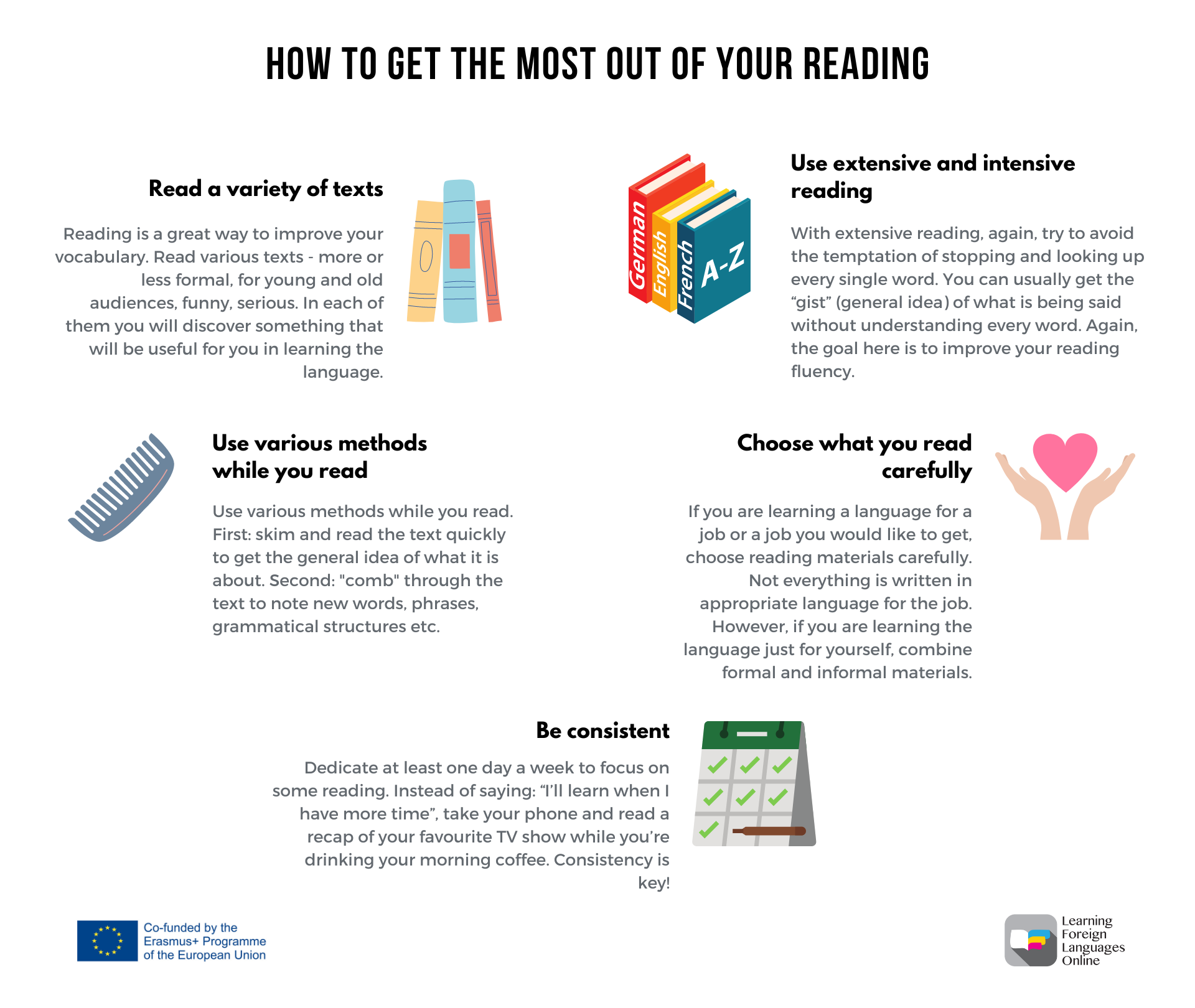
QUOTES
“People acquiring a second language have the best chance for success through reading.” – Stephen D. Krashen (American linguist)
“Reading to the mind is what exercise is to the body” – Sir Richard Steele
“It is astonishing how much enjoyment one can get out of a language that one understands imperfectly” – Basil Lanneau Gildersleeve (American Philologist)
More resources
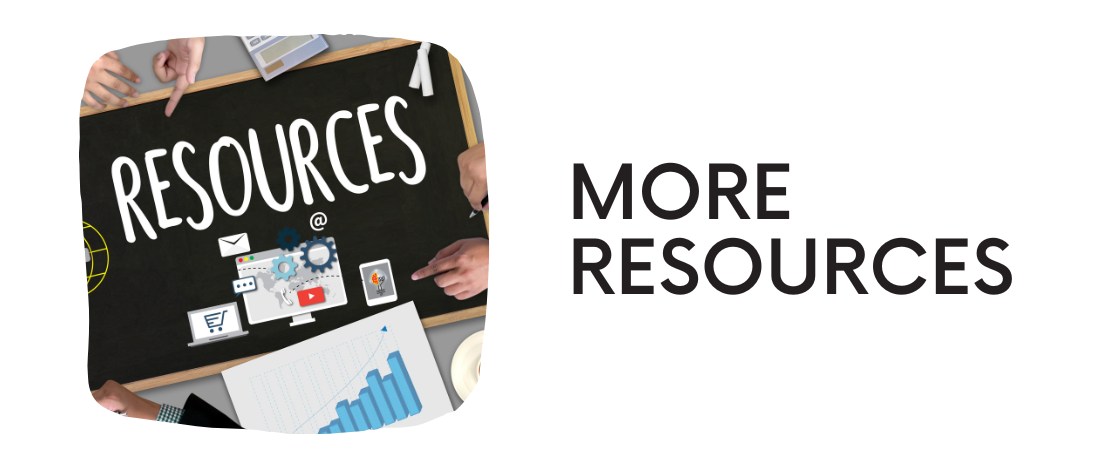
Still want to continue learning about the topic of this unit? Not to worry, we have made a selection of further resources that you can use if you would like to find out more. Just click on the links and keep learning!
Practical tasks
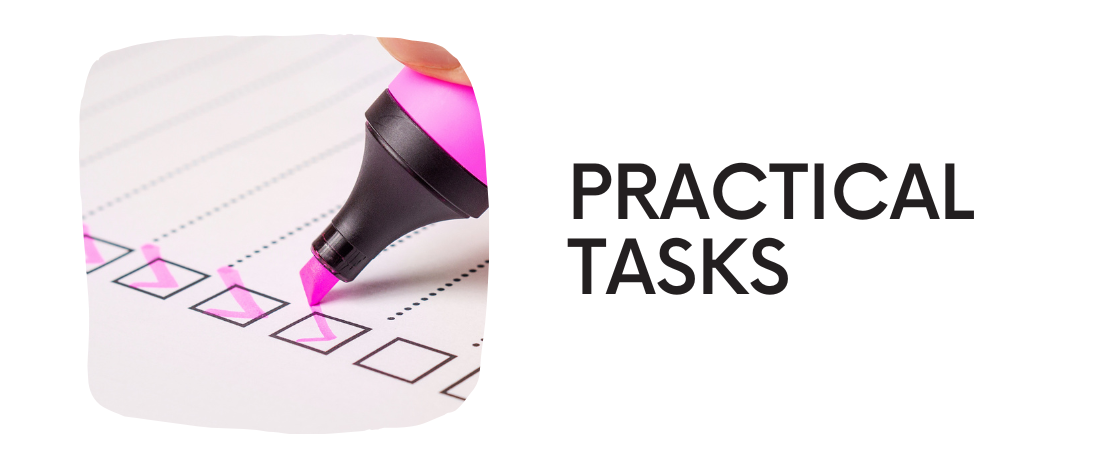
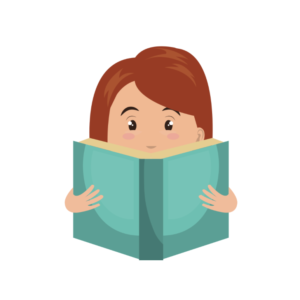 To improve your reading fluency, learn how the syllables can be separated in your target language, then take any small and simple text, just a few sentences, and try to separate the syllables. Read syllable by syllable over and over again, slowly at the beginning and faster gradually. You will notice that your reading gets better.
To improve your reading fluency, learn how the syllables can be separated in your target language, then take any small and simple text, just a few sentences, and try to separate the syllables. Read syllable by syllable over and over again, slowly at the beginning and faster gradually. You will notice that your reading gets better.
Reread your chosen text, especially if your target language is written differently than it is pronounced. Read your chosen text again and again until you can read it without difficulty. Research shows that the more fluid and fast you read, your understanding of what you read becomes automatic.
 It is easy to find other learners of your target language online. Suggest starting a book club. Choose one book everyone will read. Set time to finish the book, make sure it is not too soon, not everyone reads at the same pace. Set up regular times to discuss what you have read. If it is inconvenient you don’t have to make virtual calls, you can do this in written form. Prepare questions for each other. Write questions in which you have to write answers about what happened in the book, about the motivation of characters or their characteristics. Also write questions that deal with your opinions of what you have read, what you liked and didn’t like, what you think might happen next, etc.
It is easy to find other learners of your target language online. Suggest starting a book club. Choose one book everyone will read. Set time to finish the book, make sure it is not too soon, not everyone reads at the same pace. Set up regular times to discuss what you have read. If it is inconvenient you don’t have to make virtual calls, you can do this in written form. Prepare questions for each other. Write questions in which you have to write answers about what happened in the book, about the motivation of characters or their characteristics. Also write questions that deal with your opinions of what you have read, what you liked and didn’t like, what you think might happen next, etc.
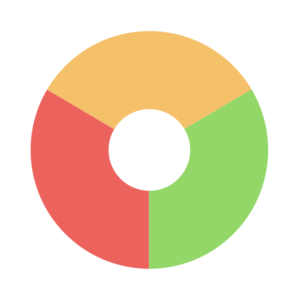 Prepare a chart with three categories. What I already knew, what I want to know and what I have learned. Use it wherever you start reading. The first category (what I know) is a category you will mostly use when you read articles, travel blogs, recipes and any types of texts that contain information. To engage actively with it, think about what you are about to read and increase your motivation for reading fill in the first two categories. While you are at a lower reading level these charts will probably contain more vocabulary and grammar points, but as you improve your language level these charts will include things like: I know: the official language spoken in Italy, the capital city, the most popular foods, etc. I want to know: the most popular cities to visit, the cities that are by the sea, etc.
Prepare a chart with three categories. What I already knew, what I want to know and what I have learned. Use it wherever you start reading. The first category (what I know) is a category you will mostly use when you read articles, travel blogs, recipes and any types of texts that contain information. To engage actively with it, think about what you are about to read and increase your motivation for reading fill in the first two categories. While you are at a lower reading level these charts will probably contain more vocabulary and grammar points, but as you improve your language level these charts will include things like: I know: the official language spoken in Italy, the capital city, the most popular foods, etc. I want to know: the most popular cities to visit, the cities that are by the sea, etc.
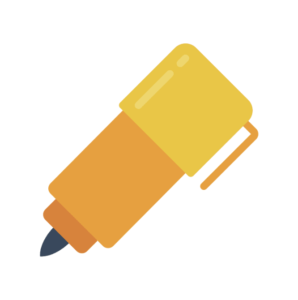 Take a newspaper, a web page or a PDF document in your target language. Mark the words that you understand or those you have already studied. Then review it more carefully. Have you forgotten any? This task will help you to focus on letters, words and reading. Don’t forget to mark them in your favourite colour.
Take a newspaper, a web page or a PDF document in your target language. Mark the words that you understand or those you have already studied. Then review it more carefully. Have you forgotten any? This task will help you to focus on letters, words and reading. Don’t forget to mark them in your favourite colour.
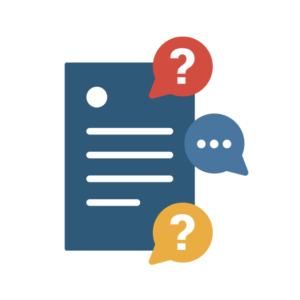 The only way to see if we are improving our reading skills is to check the understanding of what we are reading. A wonderful way to keep track of your progress and to practise your reading skills is to try to identify and summarise key ideas of a text. After you have read a text you can try to give each of the paragraphs its own title, this way you can make sure you understand its key idea. After you have done that, try writing a summary of what you have read. If you are reading a story, write a different ending.
The only way to see if we are improving our reading skills is to check the understanding of what we are reading. A wonderful way to keep track of your progress and to practise your reading skills is to try to identify and summarise key ideas of a text. After you have read a text you can try to give each of the paragraphs its own title, this way you can make sure you understand its key idea. After you have done that, try writing a summary of what you have read. If you are reading a story, write a different ending.
Unit test
